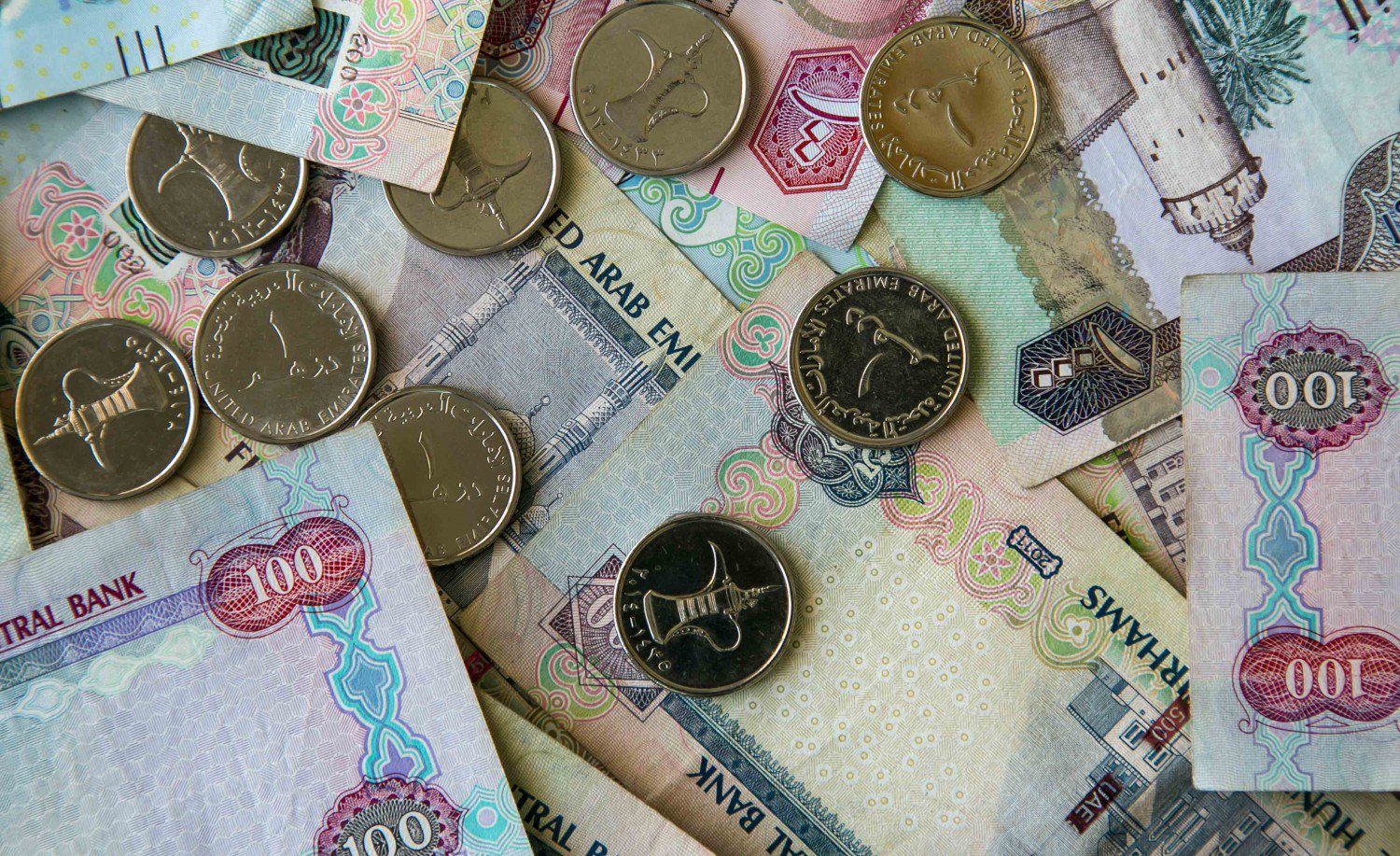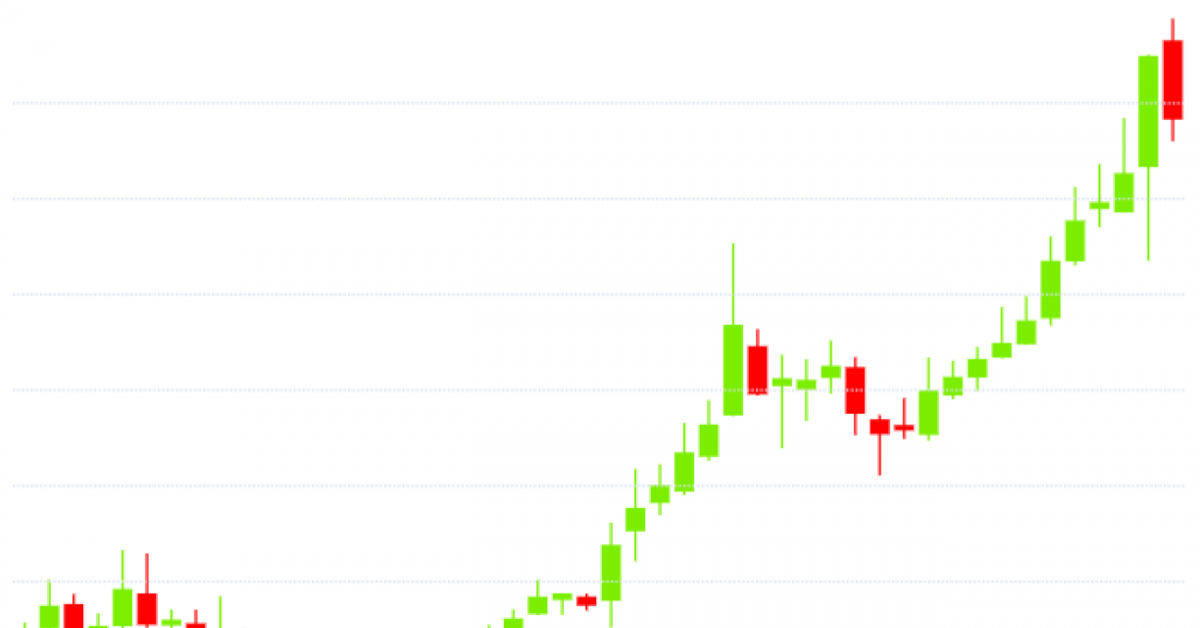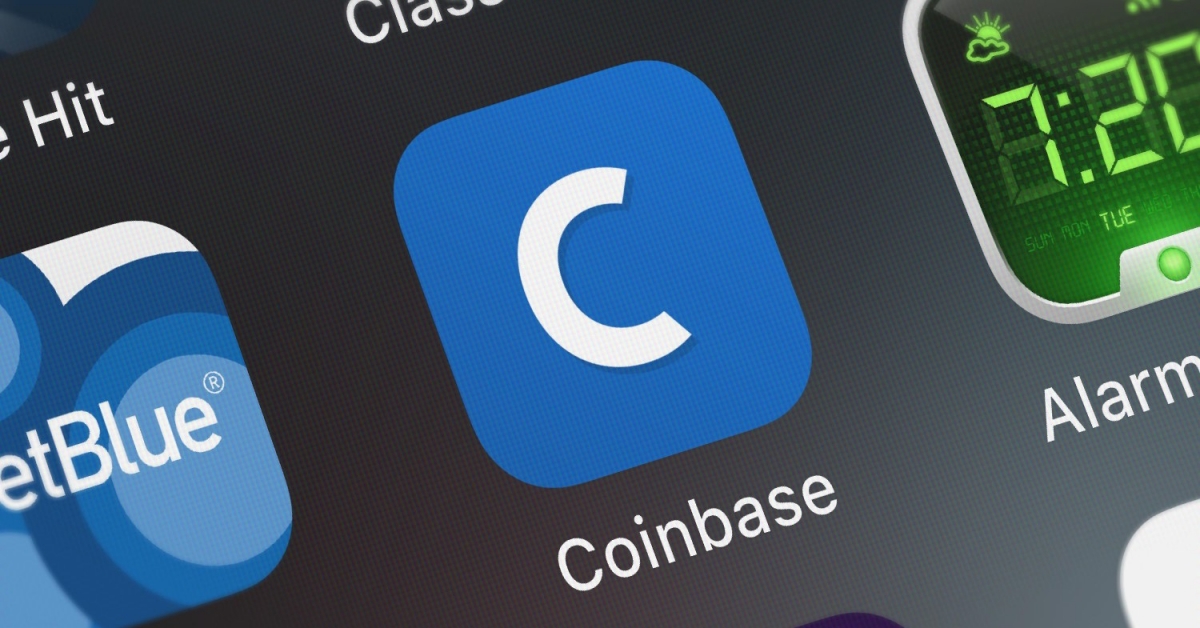Philippines Issues Crypto Industry Guidelines to Guard Against Money Laundering
New guidelines bring the nation’s digital asset industry in line with Financial Action Task Force standards.

Philippines Issues Crypto Industry Guidelines to Guard Against Money Laundering
The Philippines central bank, Bangko Sentral ng Pilipinas (BSP), has released new guidelines for virtual asset service providers (VASPs) in a bid to prevent money laundering.
The BSP said in a document (see below) issued Jan. 25, that under the framework, VASPs will need to apply for a license, a “certificate of authority,” in order to operate as a money sending business.
They will also need to align with the central banks existing rules for financial service providers in areas such as liquidity and operational risk, IT risk, internal controls, consumer protection and anti-money laundering.
VASPs will now need a minimum capital requirement of 50 million Philippine pesos (just over $1 million) if they provide custody services, or a lesser amount of 10 million pesos ($208,000) if not.
The central bank’s governor’s office said in a policy statement that it supports “an environment that encourages financial innovation while safeguarding the integrity and stability of the financial system.”
While virtual assets “have the potential to revolutionize the delivery of financial services,” any benefits should be considered alongside any risks of use in money laundering, it said.
VASPs will also be responsible for conducting their own customer due diligence and must treat cryptocurrency transactions as cross-border wire transfers, keeping participant data for those over 50,000 pesos ($1,000).
Suspicious activity or single transactions of 50,000 pesos ($10,000) will need extra due diligence and payout restrictions, said the BSP.
The guidelines are based on international standards for regulators issued by the Financial Action Task Force, the document indicates.
Read the guidelines below:









